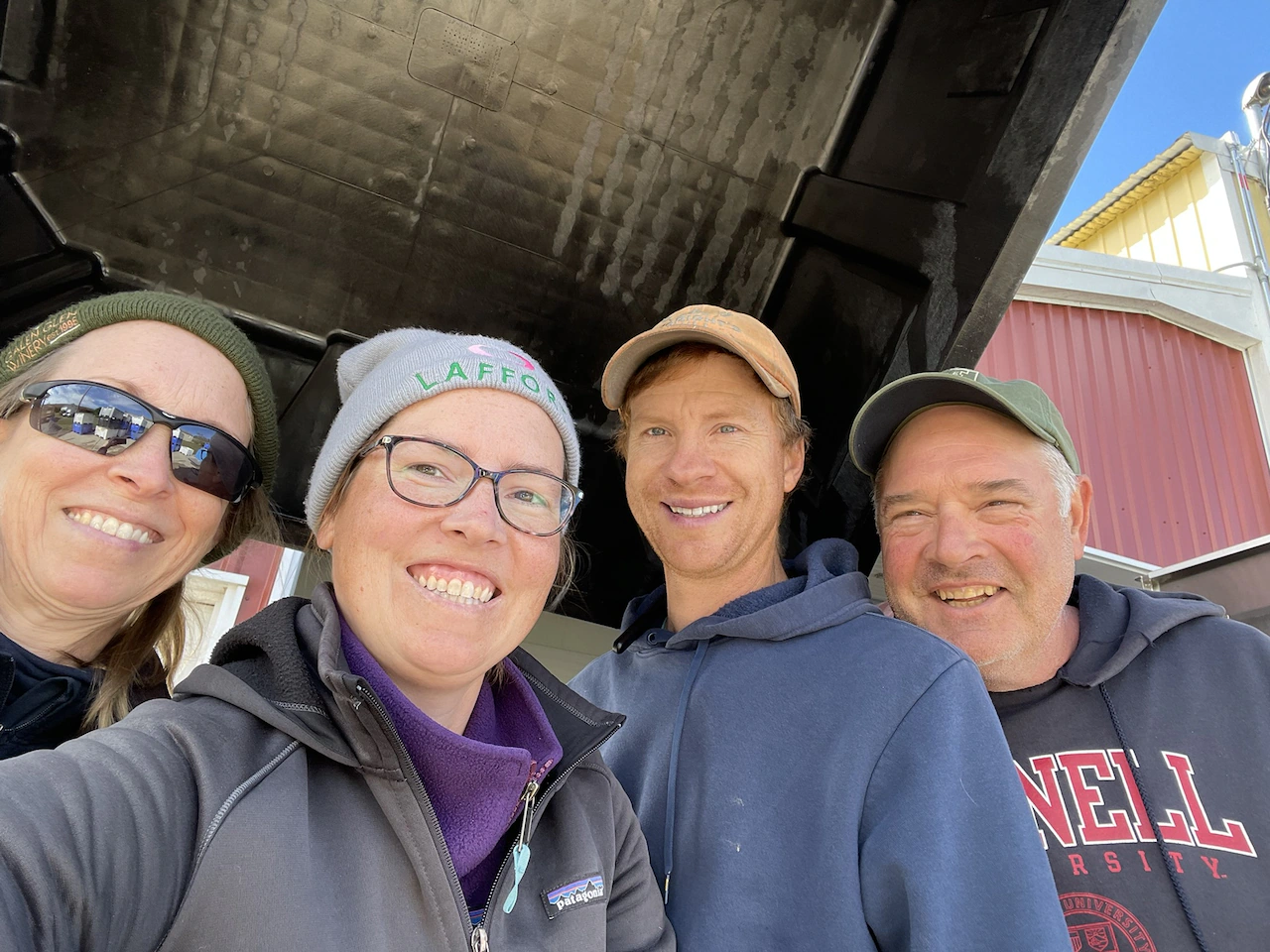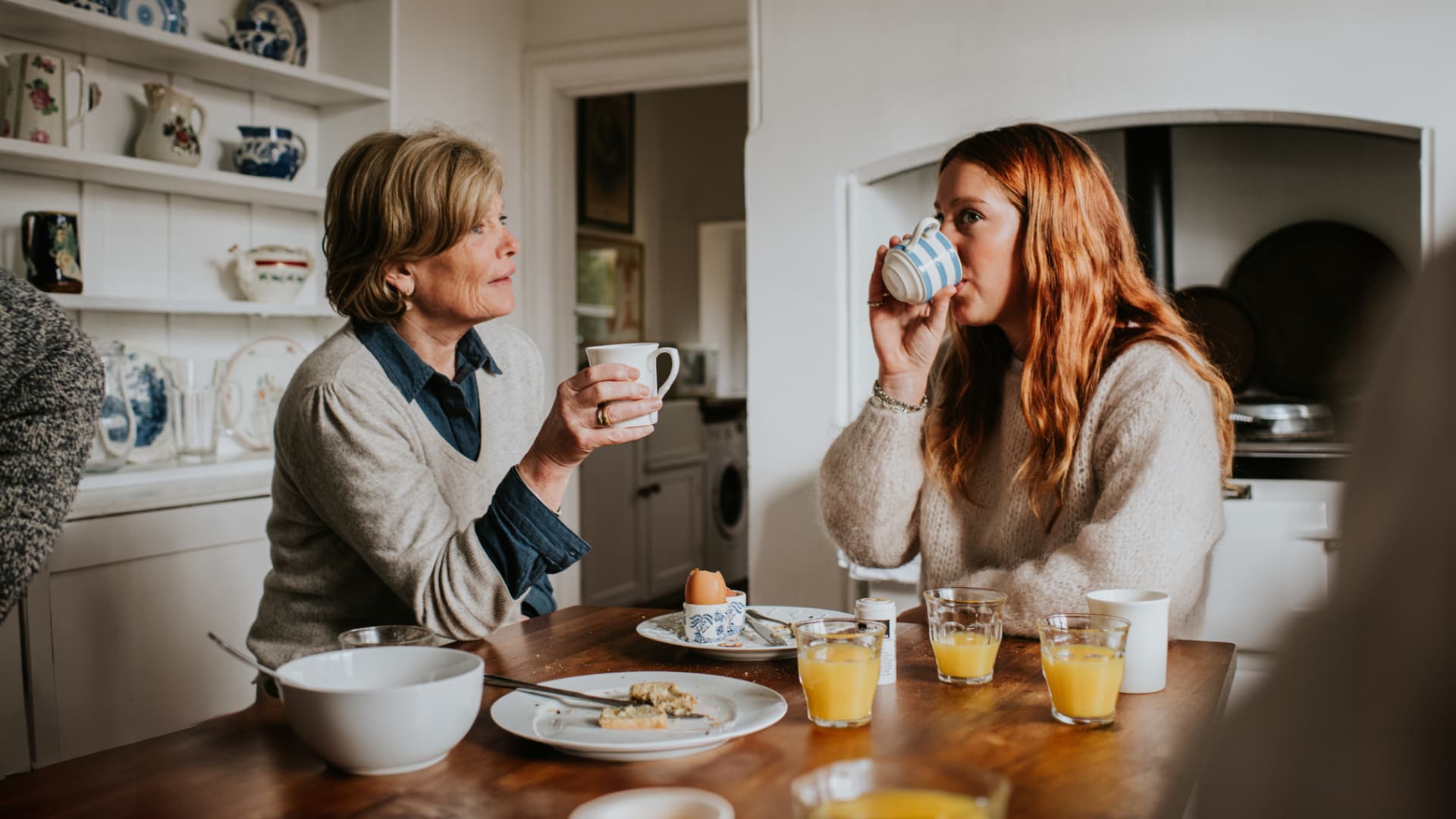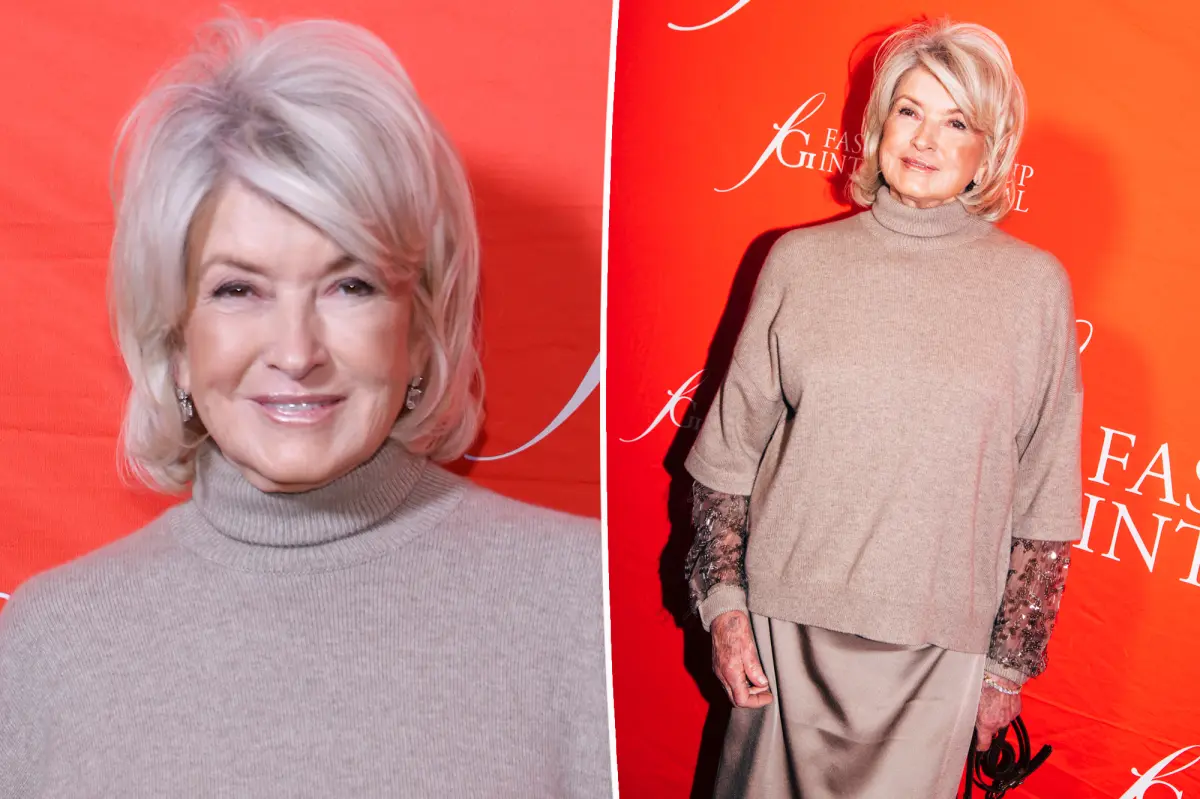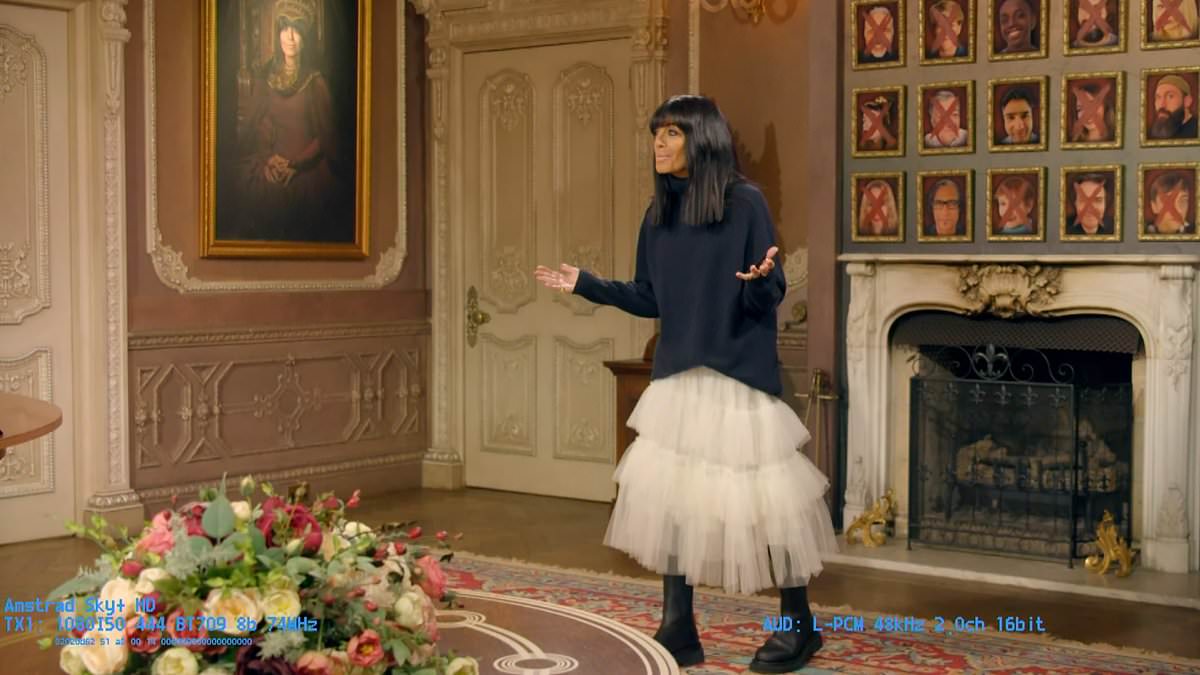Copyright Mechanicsburg Patriot News

It’s not the oldest winery in Pennsylvania nor its largest. But by now, 30 years since Galen and Sarah Troxell planted 2 acres of Steuben and Chambourcin on 32 acres of the family farm in the Poconos, about 30 miles northwest of Allentown and 45 miles south of Scranton, it’s safe to say that it has the highest international profile of any in the state. Among Galen Glen Winery’s accomplishments: Sarah was named the Best Woman Winemaker at the 2014 International Women’s Wine Competition Its 2015 Fossil Vineyard Riesling was the only wine from the U.S. to receive 94 points at the 2017 International Riesling Symposium. “We received some really, really nice comments” on our Riesling, she told PennLive following the trip. “It was very well-received, so that was really exciting.” Three of its Stone Cellars wines, its highest-tiered collection, received more than 90 points from Stuart Pigott, a senior editor for wine critic James Suckling, including 91 points for its 2021 Cabernet Franc, 92 points for its 2021 Riesling, and 94 points for its 2022 Grüner Veltliner. In his comments, Pigott said the Gruner Veltliner “might well be the best wine from Austria’s signature grape variety that has ever been made in the United States.” It acquired a multi-state distribution deal with Skurnik Wines in 2022, the first Pa. winery to do so. Per the above-mentioned praise and other accolades, it has reaped the risk and foresight of its decision back in 2003 to become the first winery east of the Rocky Mountains and the second in the U.S. to plant Grüner Veltliner. “The biggest naysayers [we got] were with Grüner,” Sarah recalled during a recent phone interview that also included Galen. “We got a lot of interesting comments when we said we wanted to plant that. No one thought it would work, or grow, or be successful,” including their wine trail colleagues, who they pitched the grape to, as one they could all grow and promote. It was a grape Sarah read about for the first time in 2000, in a “Food and Wine” article, touting the number of foods it paired with and its rise as a wine and food-friendly grape in Austria. The original vines, enough to cover about three-quarters of an acre, were purchased from Herman Amberg’s nursery in the Finger Lakes. “It took three years for them to propagate enough to plant,” Sarah said, noting the vines only had a couple of buds. Likely kept by the nursery with the idea that somebody would want them someday, “we were the somebody,” she said. At that time, they were the first commercial operation to plant the grape east of the Rocky Mountains, and as they learned later from an industry publication, only the second in the country at that time to plant it. They are now growing 3 acres of the grape, which has found a home in vineyards up and down the East Coast. “We’ve certainly learned a lot about Grüner,” she said. “We had some stumbles. When you pioneer a variety and take on something really challenging like Gruner, there’s a lot of fun and excitement along the way.” The wisdom has led to several outstanding Grüners that they produce annually, one each from their Vinology and more premium Stone Cellar lines, in addition to a sparkling Grüner that their daughter produces under the Erin Elizabeth label. Among the 6,500 to 7,500 cases of primarily dry wine they produce annually are a white lineup that also features Riesling (includes a semi-dry), Chardonnay and Gewurztraminer (includes a semi-dry) and group of reds that include Chambourcin (yes, that’s still around), Cabernet Franc, Zweigelt (Austria’s most planted red grape) and Red German Bastards, a blend of Zweigelt and Cabernet Dorsa. The profile is rounded out by a white (Riesling blend) and rosé (blend) bubbly and a Zweigelt sparkling, the latter being the second of the Erin Elizabeth sparklings. Wines range in price from $14.99 to $34.99, and are available at the winery and in a number of regional eateries, in addition to a shipping list that includes 38 states and Pennsylvania, and also in some overseas Michelin-starred restaurants.s Galen Glen, located at 255 Winter Mountain Drive in Andreas, offers tastings (reservations are needed for groups that number from seven to 12) in addition to wine by the glass or bottle. The winery is open noon to 5 p.m. on Friday through Sunday, a weekend schedule it has maintained for years now. The story of the founding couple and the winery they built has been well documented, from how they met (in a chemistry class at Penn State) to their backgrounds (Sarah was a chemist and Galen a mechanical engineer) to the decision that led to their career changes (purchased the farm in 1995 that Galen’s family had owned for five generations, and then began planting grapes. They began selling wine in September 1998 and officially opened for business in the basement of their home the following May. “We were the first in our county. Now there’s at least 10 entities, I don’t know, maybe more,” Galen said, noting that they were one of the first to open north of the Blue Mountain. “So, when it hit the newspaper that we were open, there were people driving out here just out of curiosity.” As for milestones since then, a couple rose above the rest, beyond the momentous decision to plant Grüner Veltliner. One was Sarah meeting Volker Schneider, who turned out to be her winemaking mentor from Europe, in 2008 and 2009. “That was a big turning point,” she said. “He’s based on the Rhine in a little village called Bingen…. It’s one of the most beautiful parts of Germany. He’s since retired, still kind of doing a little bit in Europe with wine, but for a long time, was a good conduit for us to not only get to Europe, and see things in Europe, but also perfect and hone my winemaking skills. To this day, I can still ask my question about anything. It could be wine I’m working on now, or something I’d be thinking about.” Schneider, she said, speaks seven languages and teaches and writes in four, and is someone who could talk wine chemistry from sunup to sundown. “I do a lot of my own chemical analysis … but probably even more important than that, was making a style and then continuing a style, which is not easy,” she continued. “Across vintages, we look to be very consistent, but still allow whatever the vintage is saying, we allow that to be heard as well. So we’re always looking for how to make something similar but still hold true to what we grew here, which is the same as what you would expect from a European winery. So that was key with him, how to look at all the tools in my wine cellar, with his help, with Galen tasting, and make something that’s consistent but also true to whatever happened here that growing season.” While Sarah, for years, has worked the winemaking side, Galen has mastered the vineyard and the equipment that’s needed to maintain it. The equipment gets better, he said, and his methods have gotten better. But Mother Nature keeps evolving, too. “So there’s like so many dynamics with a vineyard. You get much wiser about your site. When I started, I used to be very frustrated. You know, there would be all these general guidelines, and then you’d have to figure out what works for you. And I’d be like, with all this technology in the world, why is that still true? But now I’m like, I understand. … subtle things are rootstocks and vine spacing, and, you know, this hill, that hill, water runoff … so you start putting that together, and it just takes time. We did what many people have done. We had to plant Cabernet Sauvignon because, you know, it was the variety that everybody knew and sort of wanted, but we had to figure out that it really didn’t work here.” Certainly, knowledge of the land is passed down through previous generations, but there are always lessons to pick up as new growing seasons arrive, providing new “tools to put in the toolbox,” Galen said. “There’s these little tweaks and tricks, and you sure hope you don’t get a vintage where you have to use all the tools. But that’s happened, too.” What also happened, at least for a time during these three decades building their business, was the obstacle of herbicide drift from other farms in the area. Galen and Sarah aren’t the first to tell PennLive about the problems of drift, only the latest. “We are in a spot where we went through some really unhappy encounters with our neighbors to get it all straightened out, or at least at a balance that we could all work together,” Sarah said. “Yeah, that was definitely a low point.” “A pretty, dark, three-, four -or five-year period,” Galen chimed in. “This will sound like sour grapes, and I don’t really know how to say it another way, but I think we were one of the first ones to identify this, and even the Department of Agriculture, I think there was a lot of ‘nobody wanted to believe it.’ There was a lot of discredit. I mean, you’re like a whistleblower that they just didn’t want to happen. Now the Department of Agriculture has agreed to, you know, we have drift watch, which was a Midwestern challenge, because tomato [growers] were having this challenge [there]. Even Extension couldn’t believe that it was possible, and like there was there were a lot of naysayers, of which I would say today, I don’t think you would hear that anymore.” Added Sarah, “Now there’s scientific evidence. You can test for it. It’s all part of being in a farming community. too. We have to work together, and it’s not always easy.” What has made things a lot easier for the couple is the return of daughter Erin, and since then, adding son-in-law Garrett Schorran to the family tree last year. They become the seventh generation to farm a piece of property that sits on the fringe of the Lehigh Valley American Viticultural Area (AVA) in a unique microclimate that “features limited rainfall, howling winds and ancient glacially deposited soils,” per the website. It is, according to internationally recognized importer and distributor Skurnik Wines, one of the oldest farms in the country that one family has owned and operated. They have stepped in and provided immense help, both in the winery and vineyard. Erin’s line of sparkling wines, carrying the Erin Elizabeth label, debuted in 2022, and she has since created a series of master classes, with the next one set for Nov. 30 that will pair East Coast wines, including several from Galen Glen, with “small bites” from Michelin-star restaurants. It comes following the news that Galen Glen’s wines were recently placed at Michelin-starred restaurants abroad and in the first-ever Michelin Guide for Philly. More on the event can be found at this link. The irony of all this is that Sarah and Galen spent her adolescent years trying to discourage her from following in their footsteps. She wanted to go to college for winegrowing, and we were like, no. She managed to wrangle nearly a full scholarship to Cornell, and then her master’s was a full scholarship, so clearly the “no” was the wrong answer, but we never put any pressure on her to return. Erin has two brothers, and they’re engineers. All three of them know about the business. You have to want to live this lifestyle, especially if you grow [grapes], and she did, and so when she decided to come back here, we were excited. Now she’s married a year, her husband is here. I think it has put years back on, just the fact that Galen doesn’t have to do all of the physical work that no one else is strong enough to do. So, yeah, we’re really fortunate. But we never planned on it. It wasn’t anything concrete … in Europe, yes, there it’s kind of expected, but no, we didn’t really expect it.” Said Gale, “Sarah was always a winemaker. I was a wine grower, but Erin’s the educated daughter who saw wine made on multiple continents — California, New Zealand, Long Island — got a master’s in Europe, and so on. I mean, she had a way to fill in any of the gaps.” Sarah picked up the perspective from there. “[She has] a huge network. Pick a country, and she probably knows someone there making wine. Some of the things she took us to see. We’re like, ‘what. I can’t believe we’re in the 12th-century castle that inspired Walt Disney, because you have a connection.’ A lot of friends, connections, colleagues ... and brings a much bigger perspective to our business, the global perspective of wine. I’m very comfortable thinking about our wine in the context of Germany and Austria. But she thinks about it much wider and broader than that.” The grapes are picked, with another vintage put to bed. Ahead is a Veterans Day promotion this Friday through Sunday, and a 30th anniversary celebration and ribbon cutting starting at noon on Saturday, Nov. 22, at the winery. Beyond that, as this vintage ferments and is then bottled, maybe some work on the tasting room. “It’s funny you bring that up because this morning, Galen and I were talking about, just customers and expectations, that it might be time for another shift of the tasting room,” Sarah said. “Nothing stays or is ever static. It might be time to rethink some things there.”



